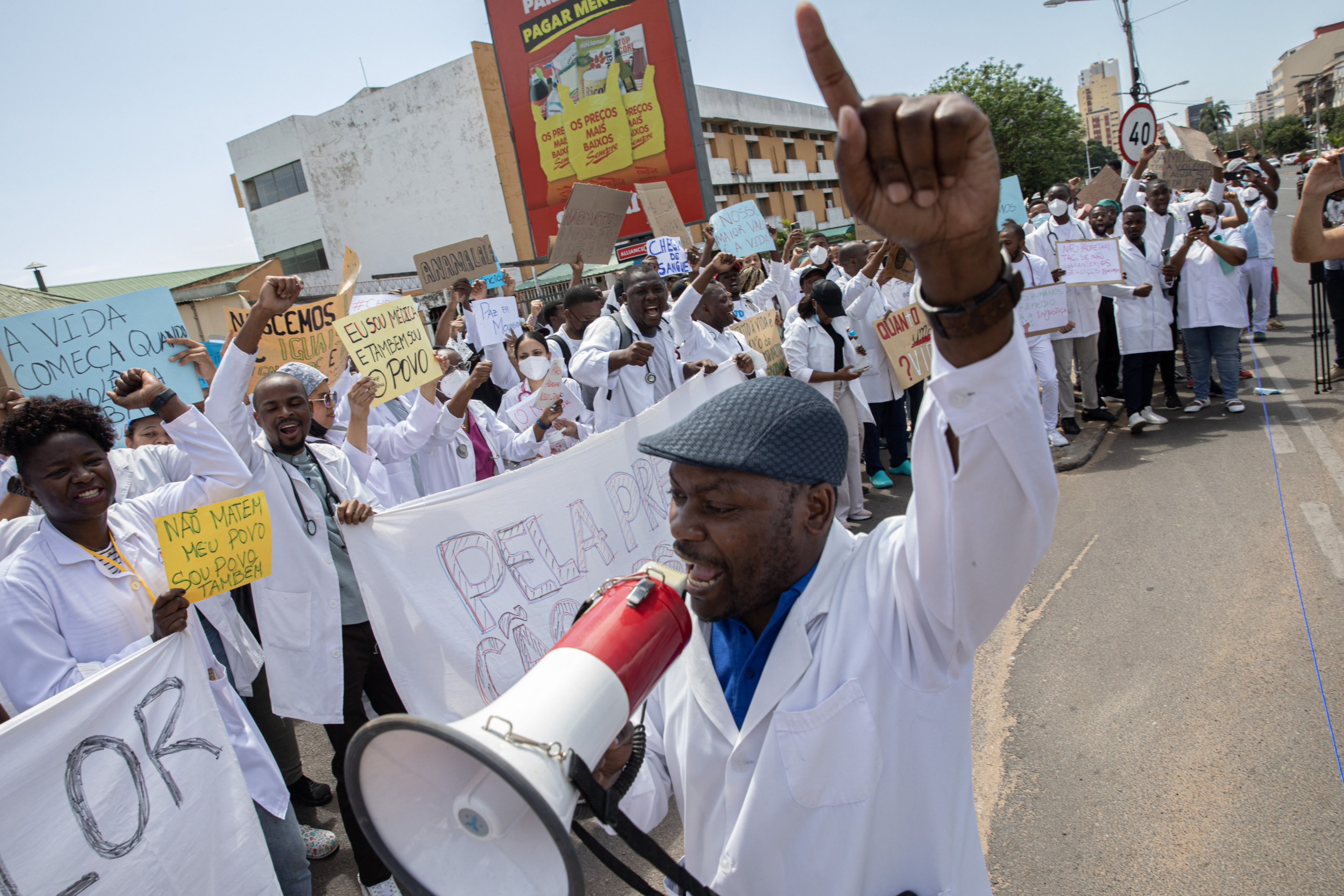
Mozambique has imposed a ban on protests after weeks of violence erupted in response to last month’s contested presidential election, which was won by the long-ruling Frelimo party. The unrest has left at least 18 people dead and many others injured, according to Human Rights Watch.
Interior Minister Pascoal Ronda justified the ban as essential for maintaining public order, branding the protests as “acts of terrorism.” He urged citizens to cooperate with authorities, highlighting that the unrest has disrupted daily life and endangered safety.
The protests began in late October in Maputo following the announcement of Frelimo candidate Daniel Chapo’s victory with over 71% of the vote. Opposition leader Venâncio Mondlane, who secured 20% of the vote, went into hiding, citing safety concerns after his aide and lawyer were killed while preparing to challenge the results.
The demonstrations, marked by road barricades and fires, escalated last Thursday when soldiers were deployed, and police used tear gas and rubber bullets to disperse thousands of protesters. The interior minister accused organizers of involving “drugged youth” to destabilize the country and pledged to combat these acts as crimes.
Internet access has been restricted nationwide, which rights groups, including Human Rights Watch, argue is an effort to stifle peaceful protests and dissent. Critics of the government maintain that the elections were marred by irregularities, a claim officials deny.
President Filipe Nyusi is set to step down after completing the maximum two terms permitted by the constitution.
